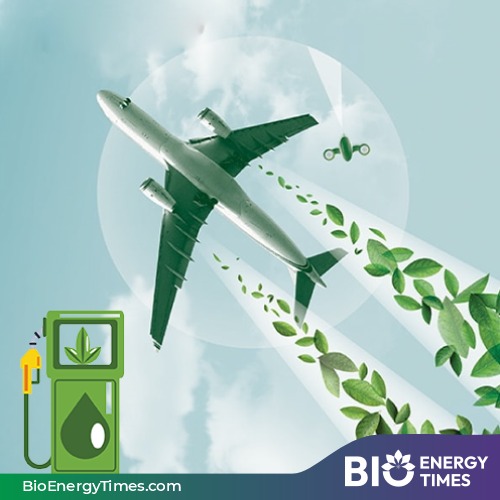Fiji has taken the lead in adopting the new International Civil Aviation Organization Global Framework for Sustainable Aviation Fuel, promoting lower carbon aviation fuels and cleaner energies within the aviation sector.
Minister for Tourism and Civil Aviation Viliame Gavoka emphasized this achievement during a parliamentary session.
Gavoka emphasized the importance of a collective vision for transitioning to clean energy, establishing harmonized regulatory foundations, supporting initiatives, and improving access to financing to ensure that all countries can participate in this transition.
The aviation minister highlighted that carbon dioxide is the primary contributor to aircraft emissions, accounting for approximately 70 percent of exhaust emissions.
Through ICAO’s new Sustainable Aviation Fuel (SAF) framework, over 100 States, along with industry and civil society, have committed to a goal of making aviation fuel 5% less carbon-intensive by 2030.
This initiative presents a significant opportunity for Fiji, especially regarding ethanol feedstock, given Fiji’s favorable environment for sugarcane and cassava production.
Gavoka mentioned that the Asian Development Bank (ADB) is funding a feasibility study for Fiji Airways and Fiji Sugar Corporation to produce ethanol from sugarcane and cassava, which will be crucial in developing Sustainable Aviation Fuel (SAF).















